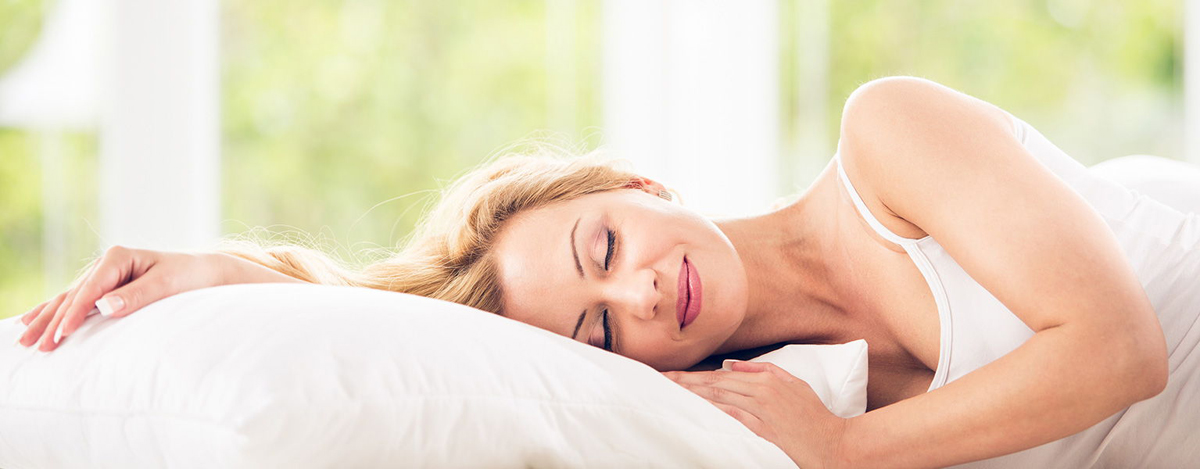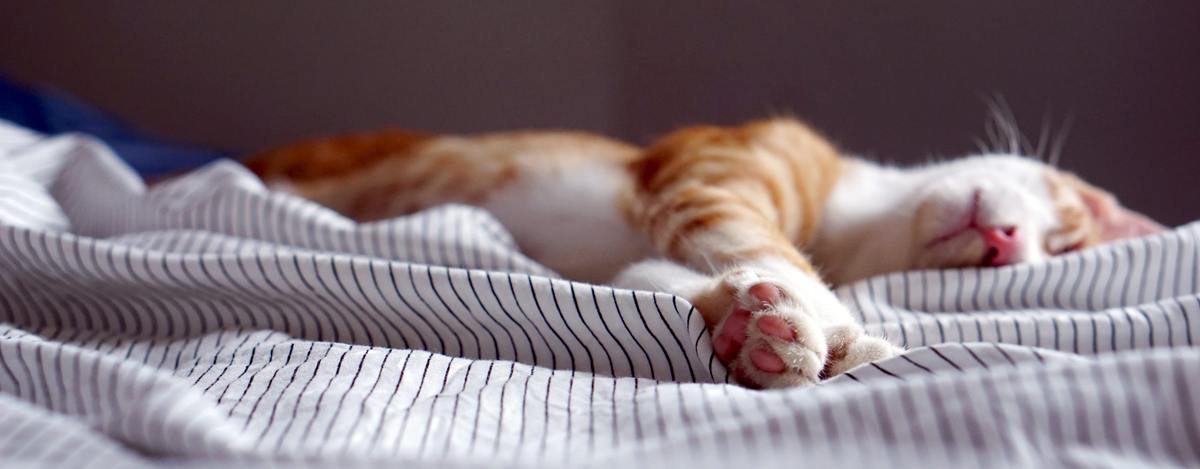How to achieve a perfect night's sleep

A perfect night's sleep is where you fall asleep quickly; remain comfortable and undisturbed all night, waking up feeling refreshed
Our mission is to help everyone achieve a perfect night's sleep and we believe that following this simple guide could be the key to your perfect night's sleep:
Step 1 - Wind down, relax and prepare for bed
.jpg)
A regular bedtime routine that includes relaxing the mind and body, helps prepare you for bedtime
Set a regular bedtime and wake up time
-
Create a habit of going to bed and waking up at the same time each day, even on weekends. This helps anchor your body clock to these times. Resisting the urge for a lie-in can pay dividends in alertness.
-
If you feel you haven't slept well, resist the urge to sleep in longer than normal; getting up on schedule keeps your body in its normal wake-up routine.
-
Remember, even after only four hours, the brain has gained many of the important benefits of sleep
Relax your body
-
Take a hot bath. Your temperature naturally dips at night, starting two hours before sleep and bottoming out at 4 a.m. or 5 a.m. When you soak in a bath, your temperature rises—and the rapid cool-down period immediately afterwards relaxes you.
-
Two hours before bed, soak in the bath for 20 or 30 minutes. If you raise your temperature a degree or two with a bath, the steeper drop at bedtime is more likely to put you in a deep sleep. A shower is less effective but can work, as well.
Relax your mind
-
A pen and paper by your bed. If something is troubling you or you have things on your mind and there is nothing you can do about it right away, try writing it down before going to bed and then tell yourself to deal with it tomorrow.
-
Simple breathing exercises can help. Breathe, using your abdomen not your chest, through your nose for three seconds, then breathe out for three seconds. Pause for three seconds before breathing in again. Practise this for ten minutes at night (five minutes is better than nothing).
Step 2 - Create the ideal bedroom environment
 Your bedroom needs to be dark, quiet and ideally between 18 - 24C
Your bedroom needs to be dark, quiet and ideally between 18 - 24C
Darkness
- Late in the evening, your body releases the chemical melatonin, which makes you sleepy—but only if it receives the right cues from your environment. Melatonin won't flow with the lights on, so spending time in a dimly lit room before going to sleep can put you in the right mindset for sleep.
- Blackout blinds or curtains block outside light. These are especially helpful for daytime sleepers. Even if the rising sun doesn’t completely wake you up, its light sends wakeful messages to the brain, affecting sleep quality.
- Eye Mask. If you’re not ready to install blackout blinds, or you go to sleep before your partner, try an eye mask. Blocking out all light with an eye mask is one of the best ways to induce melatonin production.
Shhhhh, quiet please!
- Outdoor traffic, loud neighbours, noisy roommates, a partner who snores…there are way too many variables, aren’t there? And these variables can ruin a night’s sleep. Never fear, though – there are steps you can take to help combat noise in and around your bedroom.
- If you’re not worried about blocking out sounds you need to hear – for instance, a crying child – earplugs may be just the thing for you. They can help muffle the noise both inside and outside your bedroom – especially a snoring partner!
- If you would rather not use earplugs, heavy curtains can help mask some of the noise coming in from outside.
- While it might seem counter-intuitive, some people benefit from a fan or a white noise machine to create a level of sound that drowns out other noises.
Room temperature
- Experts agree the temperature of your sleeping area and how comfortable you feel in it, affect how well and how long you snooze.
- While a typical recommendation is to keep the room between 18 -24C, setting the temperature at a comfortable level to avoid the sleeper overheating is most important.
Step 3 - Remove or avoid unnecessary stimulants

No TVs or gadgets in the bedroom or stop using them half an hour before bedtime. Avoid alcohol or caffeinated drinks 2-3 hours prior to bedtime
Step 4 - Take steps to avoid getting too warm and overheating
 Choose natural (woollen) bedding and duvets that allow your body to breathe, helping to maintain your ideal body temperature all night. read more...
Choose natural (woollen) bedding and duvets that allow your body to breathe, helping to maintain your ideal body temperature all night. read more...
Step 5 - Choose the mattress that suits you and your partner best
ADD TEXT HERE ABOUT FOUR TYPES OF MATTRESS read more...
Step 6 - Consider some lifestyle changes
Regular exercise, cutting down on alcohol and giving up smoking will all improve the quality of your sleep. A healthy diet and cutting out heavy or spicy meals close to bedtime and you will fall asleep quicker. read more...
A small bag of popcorn is a healthy snack and helps you sleep better. why popcorn? read more...
Step 6 - Change your mattress
Change a tired or worn out bed before it starts to impact on your sleep and health read more...










